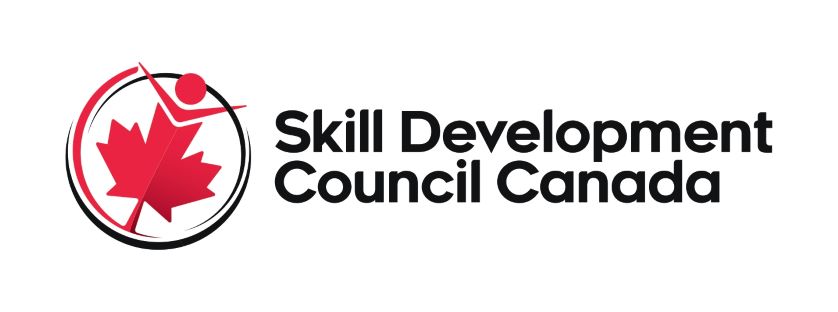International Diploma in Management of Biomedical Waste
Course Overview: The International Diploma in Management of Biomedical Waste provides participants with specialized knowledge and skills in the safe handling, treatment, and disposal of biomedical waste. The course emphasizes regulatory compliance, environmental protection, and public health considerations in managing waste generated by healthcare facilities.
Learning Objectives:
- Understand the characteristics and classification of biomedical waste.
- Learn about the risks associated with improper biomedical waste management.
- Identify international regulations and guidelines governing biomedical waste management.
- Gain knowledge of safe handling, segregation, and packaging of biomedical waste.
- Explore various methods of biomedical waste treatment and disposal.
- Develop skills in developing and implementing biomedical waste management plans.
- Understand the importance of training and awareness programs for healthcare staff.
- Learn about emerging technologies and best practices in biomedical waste management.
Qualification Structure: The International Diploma in Management of Biomedical Waste consists of 8 mandatory units for a combined total of 12 credits, 120 hours of Total Qualification Time (TQT), and 60 Guided Learning Hours (GLH) for the completed qualification.
Course Content:
Module 1: Introduction to Biomedical Waste Management
- Definition and classification of biomedical waste.
- Risks associated with biomedical waste.
- Importance of proper management.
Module 2: Regulatory Framework
- International regulations and guidelines (e.g., WHO, EPA).
- National and local regulations.
- Compliance requirements for healthcare facilities.
Module 3: Handling and Segregation
- Safe handling practices for biomedical waste.
- Segregation based on waste categories.
- Packaging and labeling requirements.
Module 4: Storage and Transportation
- Storage facilities and requirements.
- Transportation logistics and safety measures.
- Role of technology in storage and transportation.
Module 5: Treatment Technologies
- Autoclaving: principles and applications.
- Chemical disinfection methods.
- Microwaving and irradiation.
- Other advanced treatment technologies.
Module 6: Disposal Methods
Landfilling: considerations and limitations
Incineration: environmental concerns and regulations.
Alternative disposal methods (e.g., encapsulation, on-site treatment).
Module 7: Waste Management Planning
- Developing biomedical waste management plans.
- Implementation strategies and best practices.
- Monitoring and evaluation of waste management programs.
Module 8: Training and Awareness*
- Importance of training for healthcare staff.
- Awareness programs for waste handlers and the community.
- Case studies and examples of successful training initiatives.
Duration and Delivery: The qualification will be flexible in its delivery to accommodate part-time and distance learning. The Diploma in carbon footprint management in the construction Industry program will typically span over 02 to 03 months, including classroom lectures, practical exercises, distance, and online.
Assessment and verification: All units within this qualification are internally assessed by the Fire Safety Management Institute. Learners must have a minimum of 50% marks in each unit to achieve a 'pass' grade for this qualification.


